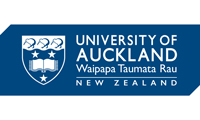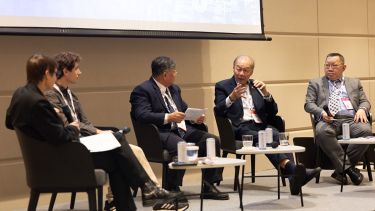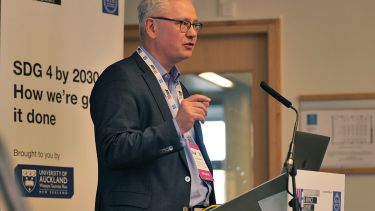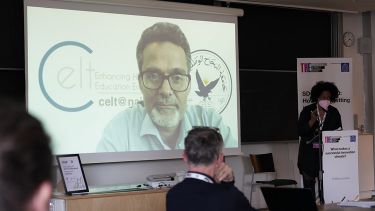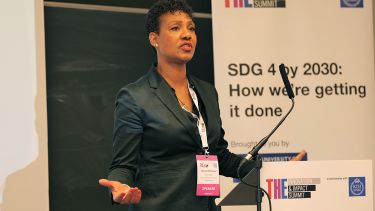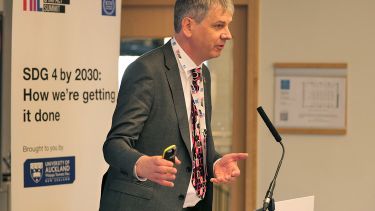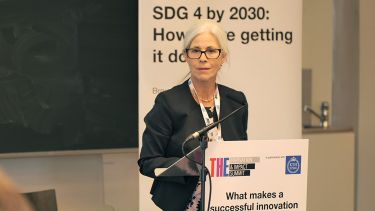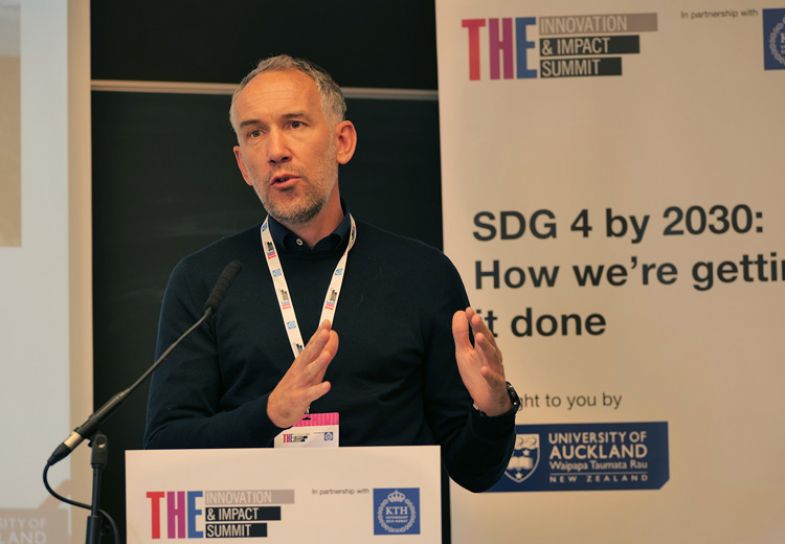
By partnering with local communities, public bodies and private companies, universities can inspire a generation of students and build a more sustainable future
It’s important to have an open mind. Everything that has been taken for granted in the higher education space is about to be disrupted in a truly profound way by the coming environmental crisis – unless change is made immediately.
At the University of Auckland’s pre-summit event at Times Higher Education’s 2022 Impact and Innovation Summit, Sam Barratt, chief of the youth, education and advocacy unit of the UN Environment Programme, spoke about pressing challenges around skills, carbon and nature, and how education can help tackle them.
“Leadership is not static,” Barratt said. “For me, leadership hinges on empowering students to think about their agency. Sustainability isn’t necessarily about what an institution can do but what can be achieved with a generation of students and the choices they will ultimately make.”
It’s important for higher education institutions to think carefully about the kind of relationship they want to have with their city and community. The more that higher education can be seen as a practitioner of change, rather than simply as researchers presenting problems, the better.
The world needs higher education more than ever. Of the United Nations’ 17 Sustainable Development Goals, the environmental ones are critical – without them, economic and social progress becomes more difficult.
“In terms of partnerships, we’re looking for ideas that are agile enough to work just as well in Oxford as in Kenya,” Barratt added. “And how can these partnerships be scaled to bring meaningful transition around the world.”
Employers also have a role to play and should have sustainability as a core requirement for every job. This will create the necessary demand for skilled employees; a demand the education system can meet.
“Partner on what matters to you,” Barratt explained. “Go beyond your walls and your fears. Think about how you can be truly transformative. At the UN, we are here to help, trying to think of scalable solutions and partnering with universities as important actors in this space.”
Find out more about the University of Auckland.
